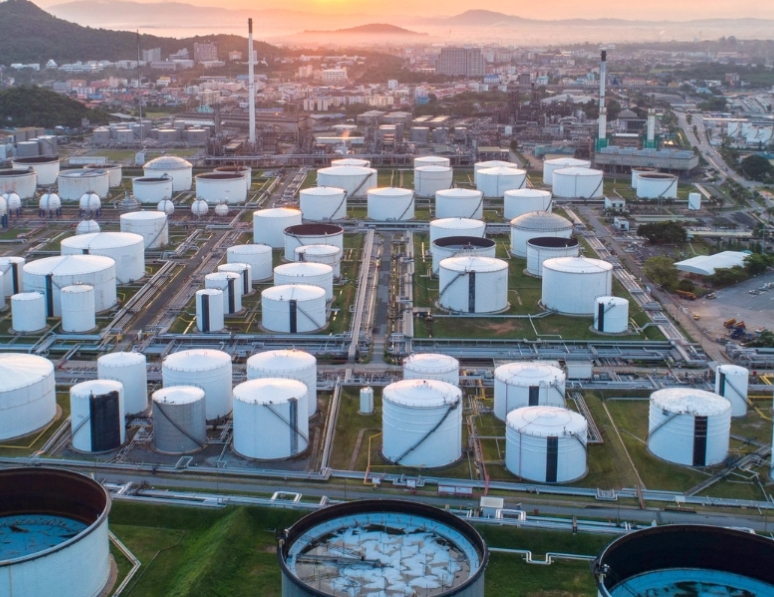
Recycling of produced mixed water of Oil And Gas field flooding operations helps reduce environmental impact by treating and reusing water in operations. This process minimizes freshwater use and supports sustainable resource management.

It is membranes which filters waste water used in drilling and when crude oil comes out. It is mixed with water. Water filtration system as site separate water and oil and recycles waste water
The implementation of a water treatment process using Molecular Filtration patented organophobic ceramic membranes brings an array of options to enhance the reduction of energy, water treatment, optimize the recycling and reclaiming of water. What is more important, helps to keep our planet clean by complying with the most strict environmental regulations.

Wastewater is collected from drilling sites and undergoes pre-treatment to remove large particles, sand, and oil. This prepares the water for more intensive treatment processes.
Chemical processes break down harmful compounds, while advanced filtration removes solids and hydrocarbons. This ensures the water is clean and safe for reuse or disposal.
Microorganisms are used to break down organic contaminants, further reducing pollutants in the water. This treatment helps the water meet strict environmental standards.
We use techniques like reverse osmosis and desalination to remove dissolved salts and contaminants. The treated water can then be reused in drilling operations, conserving freshwater resources.

Through wastewater recycling, oil and gas companies can reduce their environmental footprint and support sustainable drilling practices, contributing to the long-term viability of the industry.
By providing innovative wastewater recycling solutions, Tamken Recycling supports the oil and gas industry in adopting more sustainable practices. Our goal is to help reduce the environmental impact of oil and gas drilling while promoting resource conservation and responsible water management.